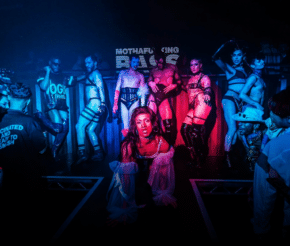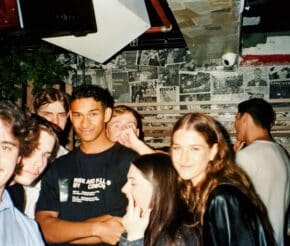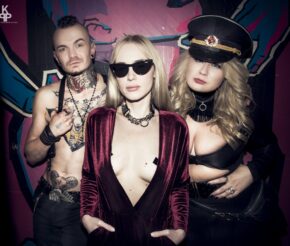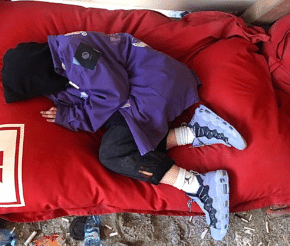- Advertise
-
Subscribe
Why Do We Document Our Night Out on Social Media?
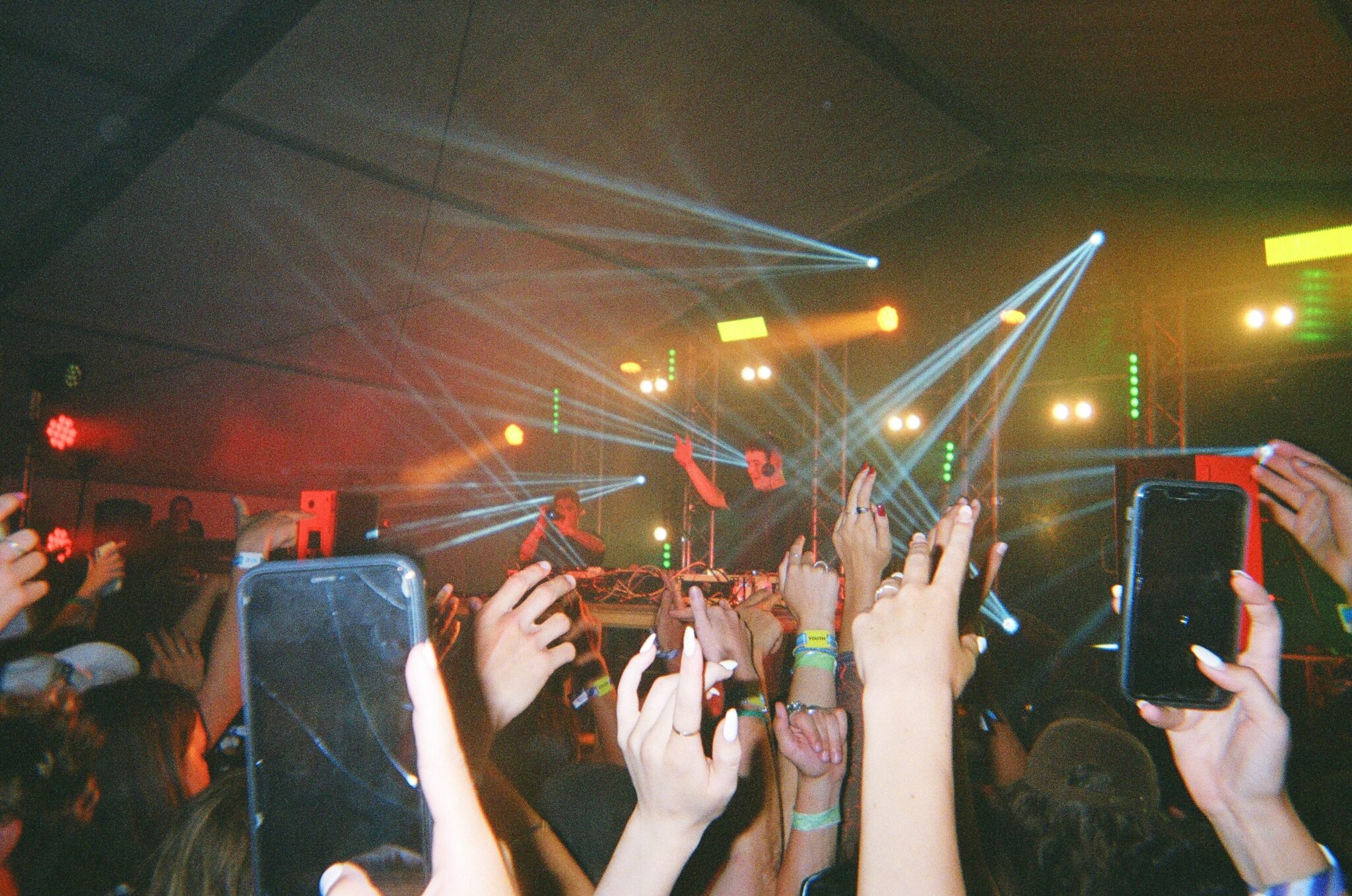
Your average night out has many functions – escaping from the capitalism-induced anxiety puddle, catching up with friends after five postponements, and documenting your life on social media.
As narcissistic as it sounds, we do the latter well above the socially acceptable level. Whenever we post an onslaught of #OOTD selfies or film Instagram stories about how we spilled oat cappuccino on our freshly-bought cashmere sweater, we do a visual chronicle of our daily lives.
And your weekend clubbing sessions aren’t spared from those digital influencer habits.
Looking at your night out through an Instagram filter
“911, we have an outfit emergency,” you write in the scrawly neon font over a picture of your clothes-covered bed. Fashion meltdowns become history when the traditional, pre-drinking Instagram story takes center stage.
No matter how Insta-worthy or lame a moment is, a glimmer of guilt creeps in every time you sacrifice social engagement
Nothing too wild, just some mates downing cider cans and that one flatmate who always gets wasted and chaotically twerks on the kitchen counter.
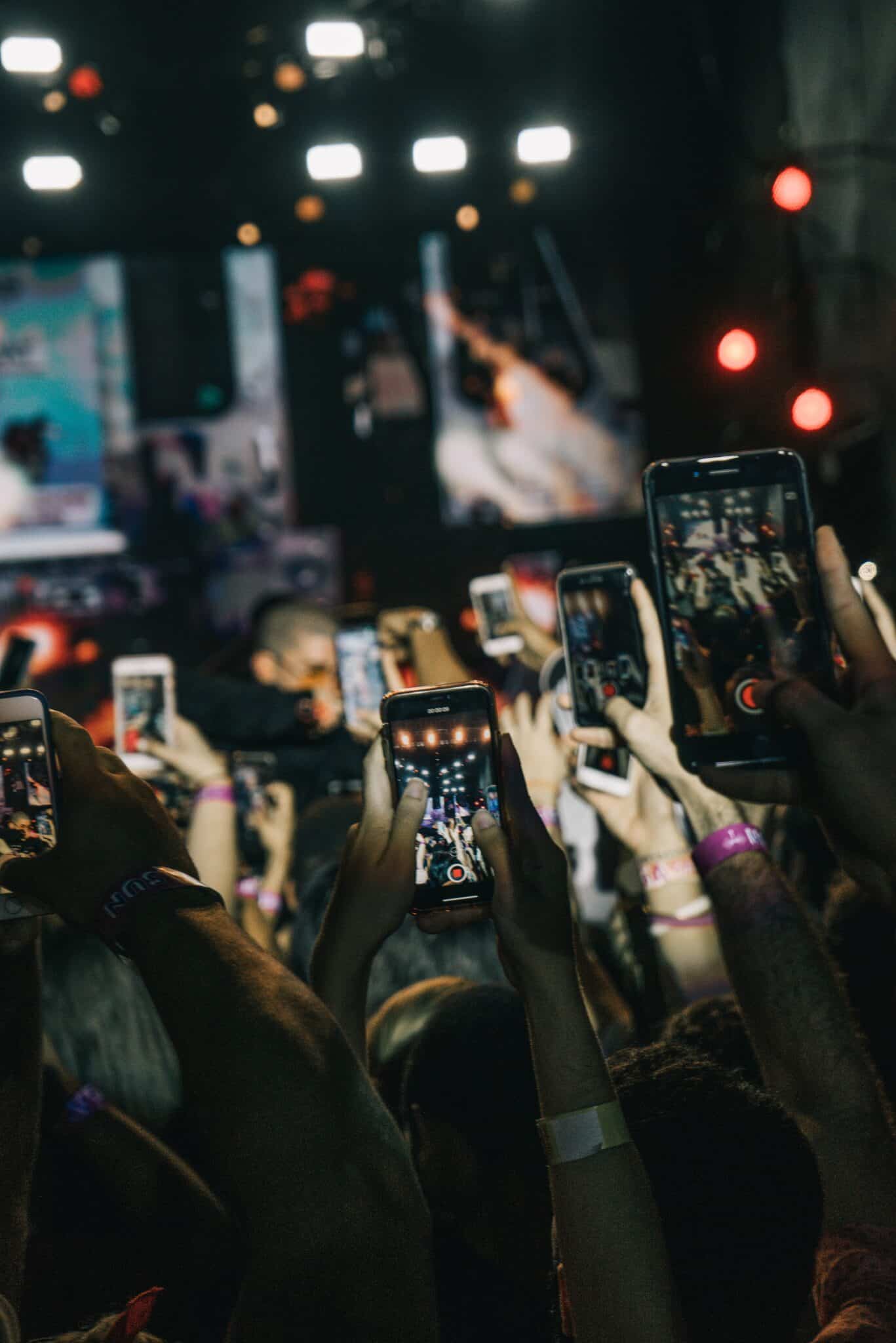
Depending on the mood, you will either post bloopers from your club journey or do polls on which ‘make-up on fleek’ selfie is worthy of a Snapchat appearance. What happens in the club stays in the club is mission impossible because the need to capture everything always prevails.
Be it the sickeningly long round of shots or a blurry video where the only distinguishable thing is bullet-hard techno, you ensure everybody is up to date with your clubbing session.
Fast forward six hours later, the story bar resembles a row of ants and overshares your drinking habits more than your grandma ever will. Documenting your night out might be edgy, but some things are best left unsaid. Yep, this includes your 4 AM kebab and ‘2h’ ago afters arrival.
No matter how Insta-worthy or lame a moment is, a glimmer of guilt creeps in every time you sacrifice social engagement. According to an HTC survey, this online behavior is synonymous with the ‘fake it till you make it’ mantra.
While 76% of survey participants said they judge their peers based on what they saw on their social media profiles, two-thirds post images to make their lives seem more exciting. Considering how much time it takes us to snap our next feed addition, the stats aren’t far from the truth.
The life lived vs. the life shared
Human beings are natural storytellers who want everybody to keep up with the high spots of their lives. We create visual scenarios for any occasion and event – and the more we get out of it, the better.
Obviously, we’re talking about the one thing we receive with a double tap but hardly give ourselves – validation. While studying the online behavior of Korean social media users, an academic journal found that image posting is related to self-adulation and attention-seeking.
In our pursuit of online fame, social media posts become an extension of our identity
Less brutally said, the reasons for updating social media stories with countless choreographed pictures go beyond the likes and shares.
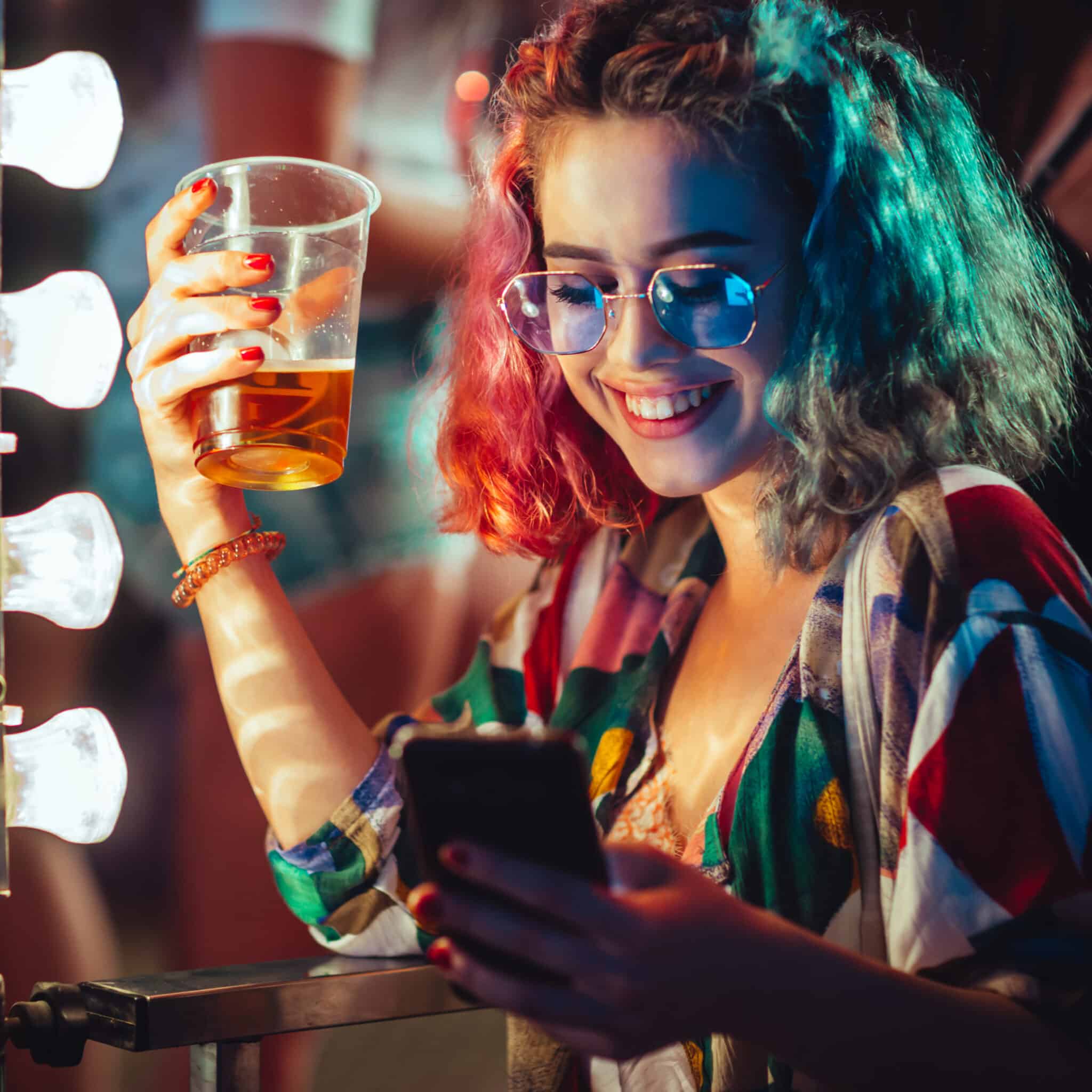
As social media aficionados, we all fall victim to the vortex that feeds our narcissistic tendencies.
We document our clubbing night online just like brands use social media to promote products. The difference is that our night out is a product that doesn’t need to be sold but seen, perceived, and appreciated by others.
We didn’t say it first – this academic article did. According to the researchers, social media platforms increase self-esteem because we present ourselves as socially desirable.
In our pursuit for the 15 minutes of online fame, social media posts become an extension of our identity. Like a haircut or Spotify playlist, Instagram stories and Twitter posts let people know what kind of person you are, what you do behind closed doors, and what kind of class A drug you are into.
More memories, less vanity
But not everything is about vanity. Sometimes, we use the power of social media to crystallize a certain memory, throw it in the veil of time and come back at it whenever we want to.
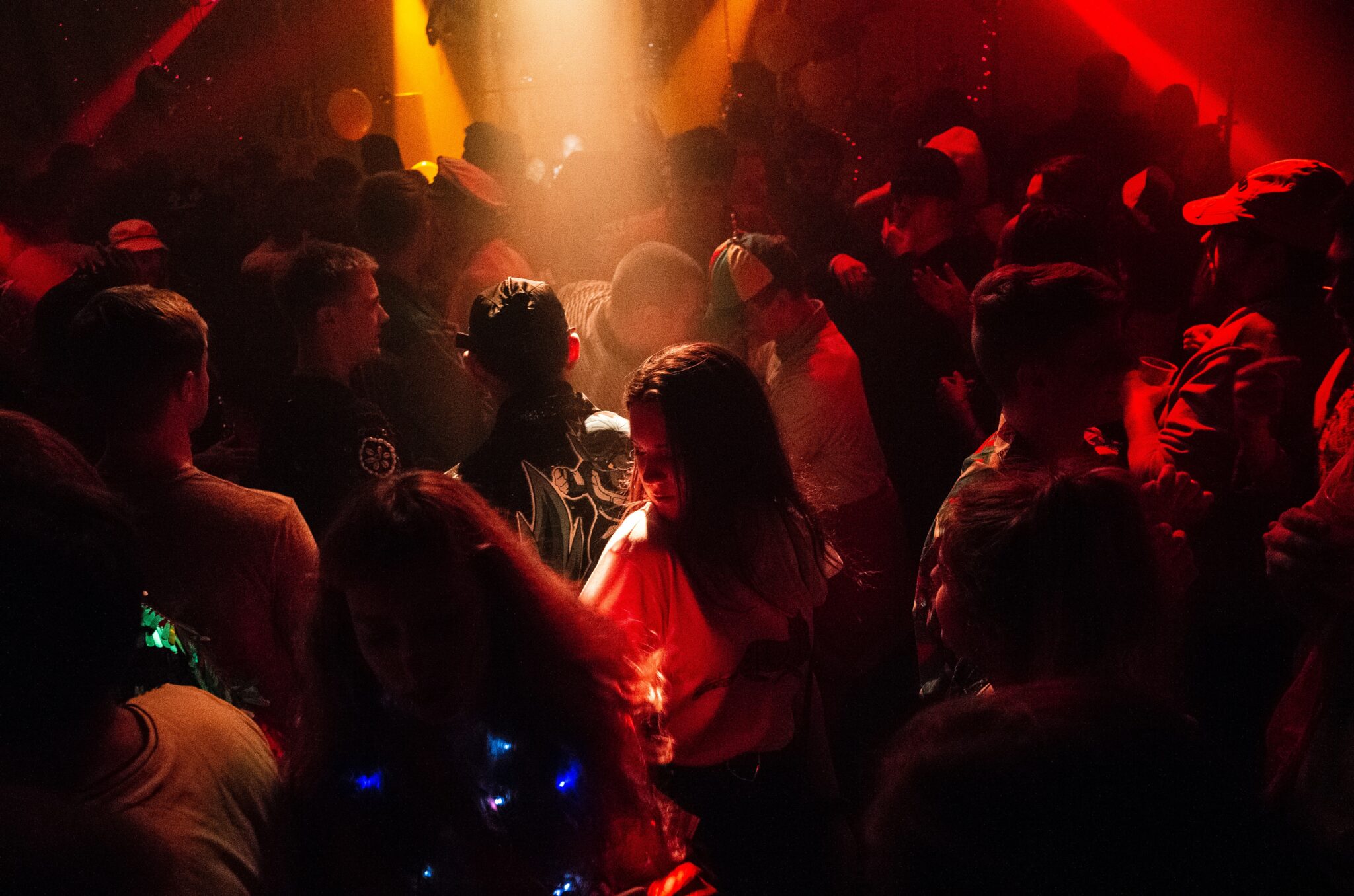
Along this navel-gazing storytelling, we gather the feelings, beats, and vibes we might never relieve again. When we grab our phones, we do it to remember.
When done sensibly, the mini reality show where you play the main character isn’t a bad idea
When we ask our clubbing group to pose, we do it for the day when we’re going to be someone’s mum or dad and will nostalgically look at the times that made us feel alive. The days when we only cared about turning the bass louder and surviving an after party with half of a pill in our system.
When done sensibly, the mini reality show where you play the main character isn’t a bad idea. But if you wake up the next morning with 40-something stories and the utter fear of opening them, you’ve probably missed the whole point.

